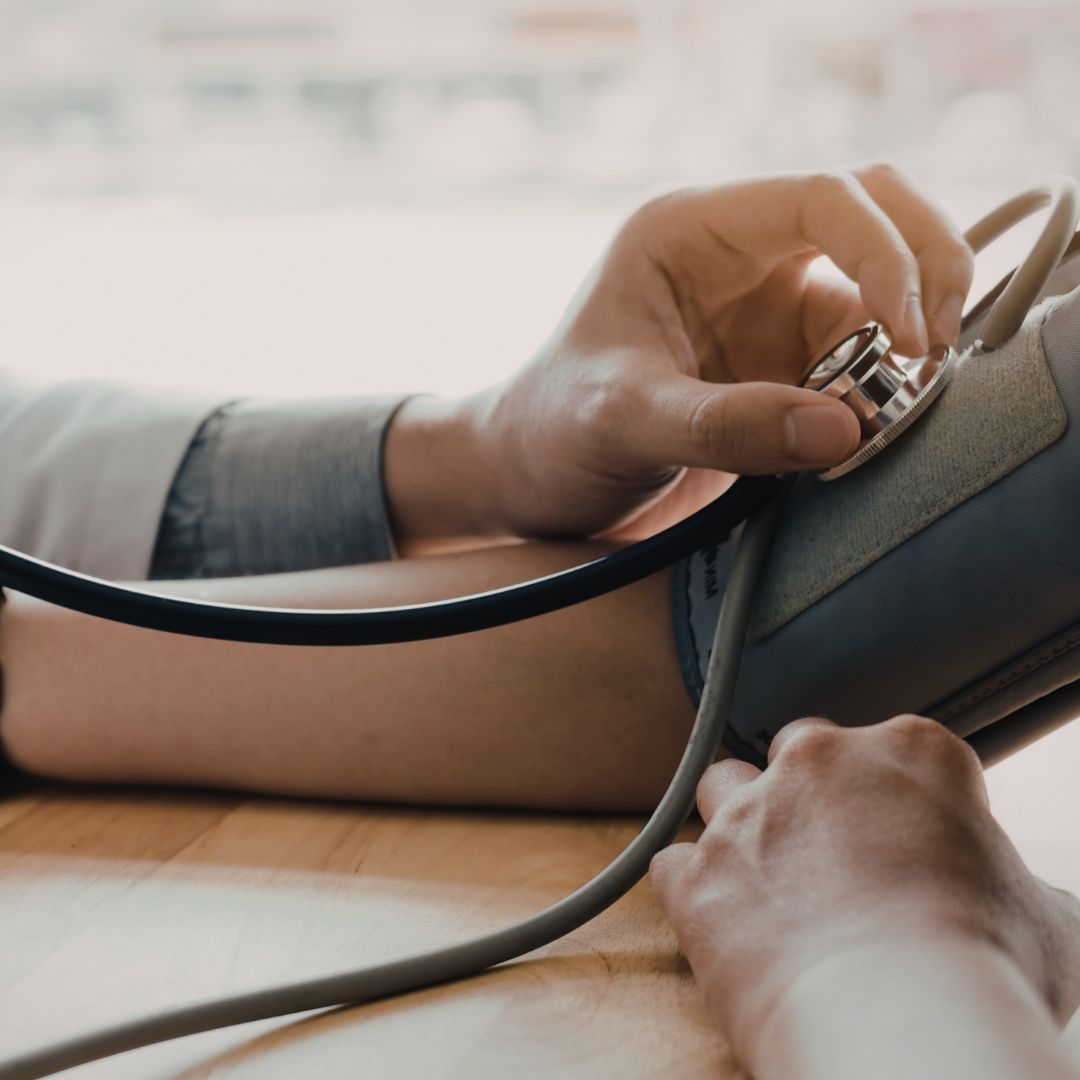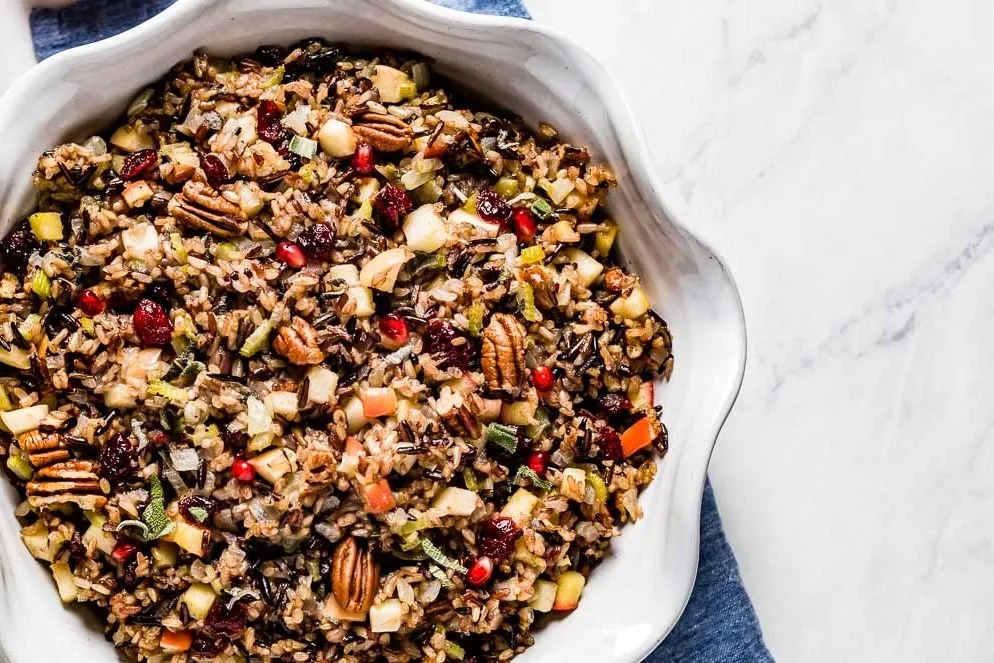Whether you’re travelling for work or pleasure, jet lag can make your first few days away feel like wading through treacle. Your brain’s foggy, digestion is sluggish, and falling asleep - or staying awake - feels all wrong.
But what actually is jet lag?
From a physiological standpoint, jet lag is a disruption to your circadian rhythm - the 24-hour internal body clock that governs sleep, hormone release, digestion, body temperature and more. This clock is synced to light–dark cycles, so when you suddenly jump time zones, it struggles to keep up. Your brain thinks it’s one time, while your body insists it’s another. Cue fatigue, mood swings, constipation, disrupted appetite, and weakened immune resilience.
Why Some People Handle Jet Lag Better Than Others
How we experience jet lag isn’t just about how far we’ve flown or how many time zones we’ve crossed - it also has a lot to do with our baseline stress resilience. One of the ways we can measure this is through Heart Rate Variability (HRV), a simple but powerful marker of how adaptable and balanced your nervous system is. A higher HRV typically suggests your body is better able to switch between “rest” and “respond” modes - exactly what you need when dealing with the physical stress of long-haul travel.
When your nervous system is already under strain - from poor sleep, emotional stress, overtraining, under-eating, or being constantly ‘on’ - it’s less able to respond flexibly to additional challenges like circadian disruption. This means jet lag hits harder and lasts longer. It’s not just a sleep issue: your digestion slows down, mood can dip, energy crashes, and immunity takes a knock - which is why people often come home from holiday feeling more exhausted than when they left.
In short, jet lag is a whole-body stressor, and the better supported and balanced you are before travel, the easier it’ll be to adapt once you land. You can read more about my advice on how to master the stress response here.
My Top Tips to Reset Jet Lag Naturally
Here’s how to help your body bounce back faster, without relying on sleeping pills or feeling like a zombie.
1. Get Bright Light in the Morning & Early Evening
Natural daylight is the most powerful signal to reset your internal clock. Expose your eyes (no sunglasses) to bright, outdoor light within 30 minutes of waking, and again in the early evening. This tells your brain: “Hey, this is day, this is night.”
🕰 Travelling east? Get morning light a few days before your flight to help shift your body clock forward.
🕰 Travelling west? Use evening light to delay your rhythm and help you stay up later.
2. Move Your Body at the Right Time
Exercise helps reset your clock, especially if timed alongside light exposure. Aim for a walk or gentle movement outdoors within 1–2 hours of waking at your destination. This also supports your lymphatic system and gut motility.
3. Skip the Nap
It’s so tempting to crawl into bed after a long flight, but daytime napping can delay your ability to adjust. Push through to local bedtime (within reason) using gentle movement, hydration, and light exposure.
4. Plan Ahead
If you’re flying across multiple time zones and staying more than a few days, prep your body 3–4 days before travelling by gradually shifting your wake time by 30–60 minutes in your destination’s direction. Match that with light exposure and meals timed to your future schedule.
5. Be Strategic with Food
Eating sends powerful time cues to your body. Try this:
- Have your main meal at local lunch or early dinner time on arrival.
- Focus on protein, healthy fats and cooked veg to support digestion and energy without crashing blood sugar.
- Avoid eating heavily at night when your digestion is off-kilter.
6. Hydrate Wisely
Flying is incredibly dehydrating - cabin air has <10% humidity. Aim to increase your water intake by 500ml per day for 3 days before flying and on the day of travel. Add electrolytes like Oshun electrolytes (my favourite!) for better absorption.
A great travel trick: soak 1 tbsp chia seeds in a bottle of water after security and sip during the flight. Chia provides soluble fibre for gut health and supports fluid balance.
7. Watch the Caffeine
Caffeine can be a powerful tool to stay awake during the day, but avoid it after 2pm local time. And even better, try swapping out your coffee for matcha or ceremonial cacao - tasty, much easier on the body, and a great source of anti-oxidants. You can read more about it here and here.
8. Support Your Immune System
You’re exposed to a lot on a plane - airborne microbes, oxidative stress, and circadian misalignment. I recommend:
- Upping your zinc rich foods around travel - seafood, lamb, pumpkin seeds, and turkey are all great soures
- Nasal/throat sprays with natural antimicrobial herbs - like RawPot’s immune sprays
- Prioritising sleep, even if it means going slower for the first few days
Jet lag isn’t just about feeling sleepy at the wrong time - it’s a physiological stressor that impacts your gut, hormones, and brain. So go easy on yourself! With the right tools, you can work with your body’s natural rhythm to recover faster and actually enjoy your time away.
If you’ve got a holiday or travel plans and have any questions or would like some expert advice, please don’t hesitate to reach out. You can book a confidential quick consult with me here for an immediate discussion, or opt for the Optimal Health package (call or email based), for personalised nutritional and lifestyle guidance over four sessions, in addition to any targeted supplements.
.jpg)
.jpg)



.png)



.jpg)
.png)



.jpg)
.jpg)
.jpg)
.jpg)
.jpg)
.jpg)
.jpg)
.jpg)
.jpg)
.jpg)
.jpg)
.png)
.png)

.png)
.jpg)

.png)
.png)
.png)
.png)
.png)


.png)
.png)






